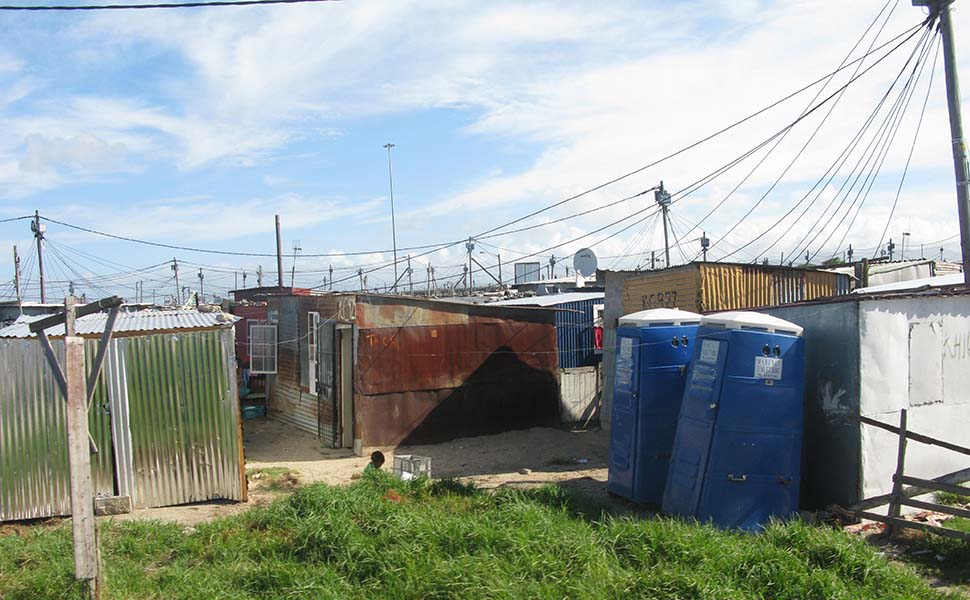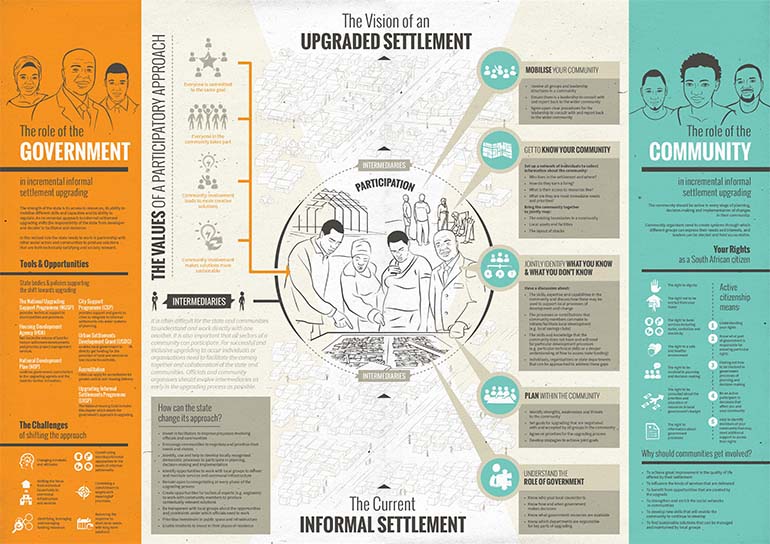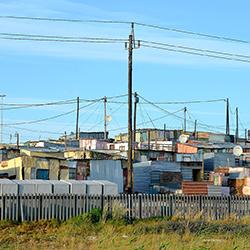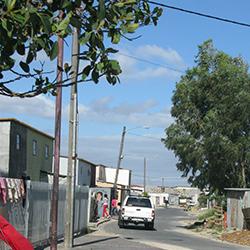
Upgrading of Informal Settlements in South Africa
On 15 October, members of the Cape Town platform attended the National Seminar organised around a forthcoming publication, titled ‘Pursuing a Partnership-Based Approach to Incremental Informal Settlement Upgrading in South Africa’, and edited by Liza Cirolia, Tristan Görgens, Mirjam van Donk, Warren Smit and Scott Drimie, in a partnership between the African Centre for Cities and the Isandla Institute.
In the post-apartheid period, the South African government has made significant strides in improving the livelihoods of the poor. This includes increasing access to piped water, to electricity and the roll-out of around 3.2 million low-cost houses (National Development Plan, 2012), among many other achievements. However, challenges remain: the demand for housing opportunities outstrips the supply, and as a result, around 14% of the population lives informally, in informal settlements, overcrowded council houses and in backyard shacks.
Informal settlements offer more than just accommodation solutions to the poor: they are usually located on land relatively close to the city, as they are usually built with rudimentary materials, are cheap to live in and allow dwellers access to the city and its resources, including jobs, schools and healthcare. Despite these advantages, informal settlements are not easy places to live: most are illegal, which places residents at risk of eviction, they are often exposed to the weather, rarely have decent drainage, roads and other services, and often have high crime rates. This publication speaks to the issue of how to go about improving informal settlements in a progressive way, so that the residents are able to live more comfortably.
The National Seminar, held in Stellenbosch, was an opportunity for municipalities, consultants, civil society and academics to come to together to discuss the contents of the forthcoming book. The book has been written in a co-productive manner by various entities involved in informal settlement upgrading – this includes all the various stakeholders who attended the seminar, through the use of critical reflection and workshops for all chapter authors. A poster on placemaking has also been produced as a tool of dissemination – it can be viewed below.
The day was structured around the three sections of the book. The sections include Grappling with Informality and Upgrading: Reviewing South African City Experiences; Building Partnerships, Actors and Capabilities for Incremental Upgrading, and Innovative Tools, Instruments and Methodologies. The final session was a panel discussion entitled Identifying the Emergent Research, Policy and Practice Agenda. Discussion during these sessions was engaging, and encouraging in that there is a widely recognised need not only for a publication such as this, to document the different initiatives undertaken by various local governments, national government, NGOs and civil society groups, but also for focused sessions on informal settlement upgrading as a necessary mechanism to improving the lives of the poor. The second day was structured around a visit to Langrug, an informal settlement in Franschhoek.
The book will shortly be undergoing the review process, and further workshops will be organised prior to publication to continue the discussion and to continue to foster relationships between the relevant stakeholders in the field of upgrading.








